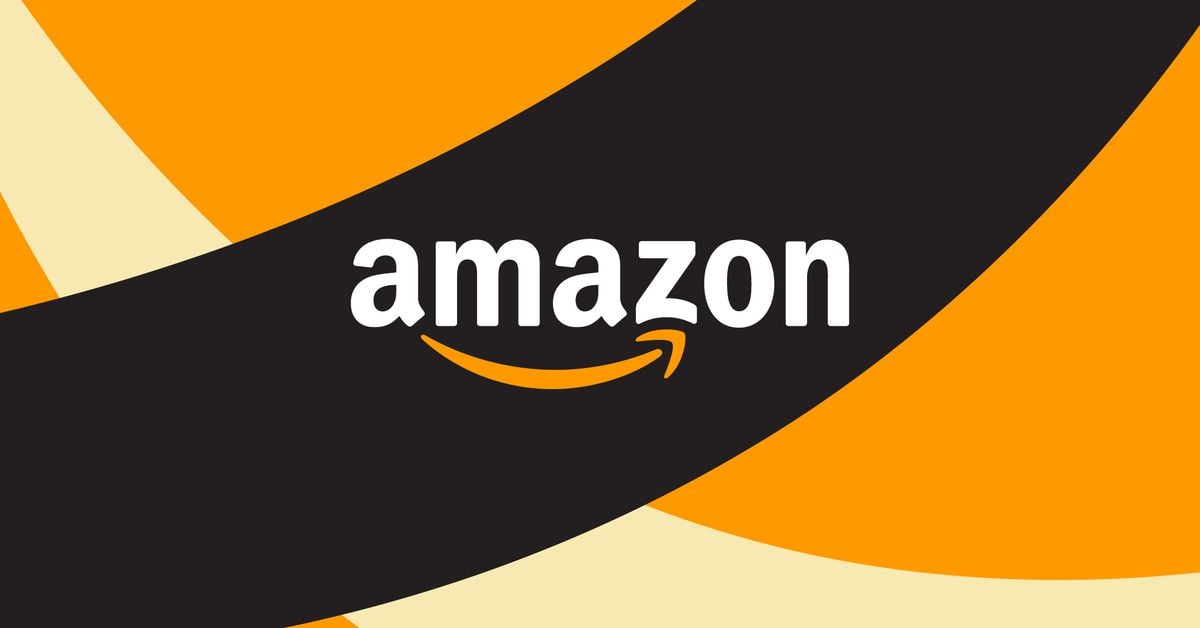Hasn't the travel, cruise and holiday industry been doing this for decades now?
Most companies that sell products do this in some form. The only thing that's secret about it is the particular process and code, since that's confidential company info.
A few years ago I remember speaking with a Walmart GM about this sort of thing, and they mentioned how their site in their region would receive price updates after their volume, revenue, staffing, supply chain logistics to their site, etc., were analyzed. Admittedly, I don't know if they had real analysts or machine learning, or a mix of the two (likely both, since it was 5 or 6 years ago).
A key point to this is that most businesses selling things buy most of their products from suppliers, who have their own pricing mechanisms - which causes downstream businesses to adjust accordingly.
It's generally not illegal to raise your prices or set your prices at what your competitors are charging. There are variety of factors that influence a price of an item.
The issue is that the FTC is alleging that the algorithm artificially boosted prices and keeping the prices that high when competitors matched the price.
While it's not outright collusion on price fixing, it does reek of using monopolistic practices to fatten the bottom line.
I really can't believe its legal to charge more or less based on a customers location, or probably other data about us. This seems like such a fucking problem.
Really, it's super legal. If you buy a textbook in America or you buy the same textbook in India, the price difference can be 90%, and I recall the publishers legally going after people for having the gall of buying the cheaper textbooks.
And yet, no one says anything when landlords use the same basic tools to price fix rents.
I am also certain that any retailers competing with Amazon – at least those of sufficient size – have their own data scientists banging away on optimizing pricing too.
Meanwhile secret algorithm:
price *= 1.1According to the Journal, Nessie would inflate prices and monitor whether other retailers, like Target, would follow suit. If the competing retailers maintained the lower price, the algorithm would automatically revert Amazon’s to its normal price.
Isn’t this how retail pricing always works?
That basically sounds like automated price fixing
Price fixing is when sellers conspire to increase prices beyond what normal competition would support. The fact that the algorithm reduces the price below competitors’ when it detects they are not following a corresponding increase means it’s not price fixing.
what normal competition would support.
Maybe it's the overall price of something else that's not shown
Tech Giants Settle Wage-Fixing Lawsuit
That did happen.
What's perceived as competitors can be allies to accomplish common goals. Though they settled the lawsuit, it's not like this got put out of practice. They refined it
emails from top executives including the late Mr. Jobs, Google co-founder Sergey Brin and then-CEO Eric Schmidt surfaced, showing the executives conferred on hiring plans
This is the defining characteristic of price / wage fixing - out-of-band collusion of price setters to discourage competition. There isn’t even an allegation that this is happening here.
That's why it's so brilliant. If you can develop an in-band system to coordinate arbitrary price increases between firms then you have plausible deniability. Who needs price fixing if you can just temporarily increase price, see who's price matching algorithms follows, and act accordingly using an algorithm that acts so fast that consumers are none the wiser when the "negotiation" to increase price fails.
The fact that the impetus for the price increase is nothing more than to test if other firms will raise their prices to match an increase and has nothing to do with supply or demand of the product makes it transparent that this strategy achieves the effect of price fixing without the smoking gun of explicit negotiation and plausible deniability that they are simply engaging in "price leadership".
What happens when another retailer runs the same algorith? One tests the waters with a price hike, the other sees it and matches. The first detects the corresponding increase and maintains the increased price. Rise repeat.
I'm other words, this could be price fixing because making a temporary increase and seeing if competitors will match the increase is sending a signal to competitors that Amazon is willing to increase price if others match. The fact that they revert to a lower price doesn't absolve them from price fixing, it just means the negotiation to collude failed.
The fact that the only factor in play is whether the competitors also increase price makes it blatantly obvious that the increase has nothing to do with supply and demand.
I don't think you understand what price fixing is. Adjusting prices to market competition is not price fixing. This same concept can also lower prices if another vendor is selling the same item for less.
For instance, Amazon frequently will lower prices to match chewy and Walmart
I don't think you understand what's happening. Amazon's algorithm is not just increasing price to match competitors. They are temporarily increasing price beyond competitors to see if competitors will also increase their price. This is different because there is no original market force impetus for the price increase, they are just seeing if both they and a competitor can coordinate to make a permanent price increase.
Arbitrarily interesting a price to see if you're competitors will also increase is not adjusting to market competition. It's testing the waters for colluding on price. It's literally sending a signal that Amazon is willing to increase if others will match. Whether the agreement is made in secret or done in public using "plausibly deniable" price increases makes no difference.
Yes, market pricing is reactionary. Other sellers might also see increased sales when Amazon raises prices.
Probably why Amazon stopped using this pricing model.
At the scale of Amazon, it's much less reasonable.
Most people don't know how retail pricing works, so when they read an article like this, they're shocked and offended
Scamazon
How would this be enforced? Also, can we rely on the FTC to do their job quickly and effectively when we’re just now hearing about something that’s reported to have ended four years ago?
Secret or standard?
Is this really a surprise?
Ive bought through amazon three times in my life. Each time i regretted my purchase because the absolute lowest quality shit arrived. Why the fuck would anyone buy anything from there?
Because you have like 3 weeks to decide you want to keep that purchase or not for a full refund
Because you bought from shit sellers, amazon is just the marketplace
If the items were shit, why didn’t you return them?
Because it's convenient when I often can't get out, it has a good return policy, and your experience is radically different from my own. Mainly that last bit.
It used to be decent, but in recent years it's basically become wish.com with better logistics.
Is it the scale of sales that matters? Like if I make an Etsy shop and set my prices based on competitors, is that illegal?
No, you're doing capitalism just like Amazon and everyone else. And if you don't want to do it personally feel free to write a script to do it just like Amazon
Verge is back publishing bullshit… like in good old times. "Secret algorithm". So prices have been raised and? No one told us… yeah… wow… is it unusual? They used a tool to do that and it was secret. And wallmart publishes their IT on Github? Prices usually grow, if they can't or goods sell bad, they need to reduce them again. That's how market works.
An items worth is what someone is willing to pay. It's kind of the whole point of capitalism. If you don't like it, don't buy it.









